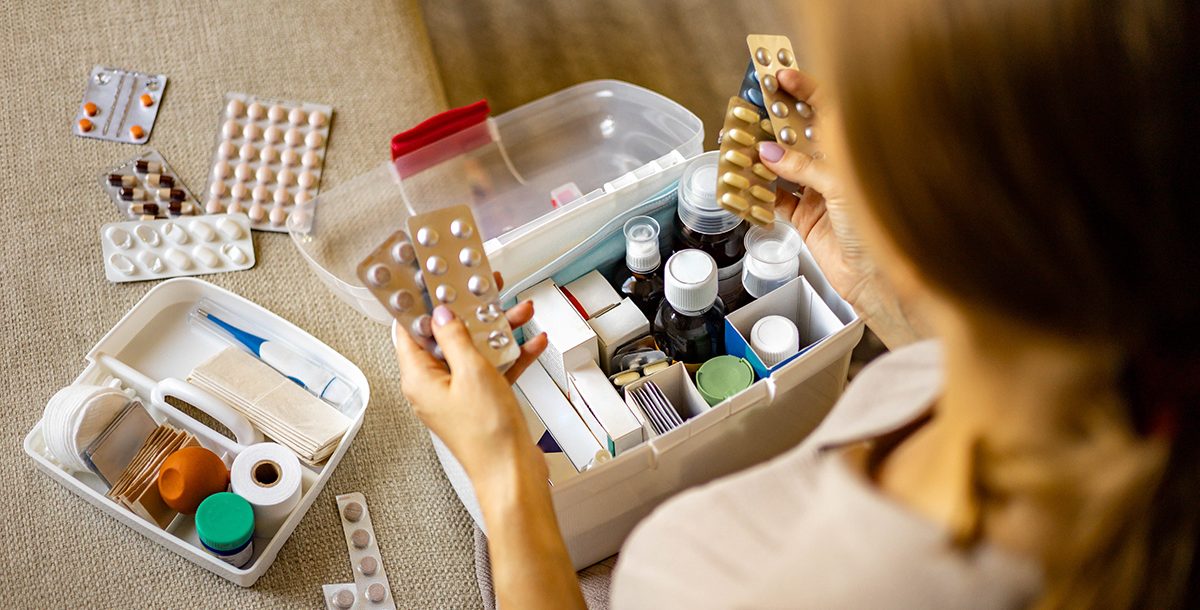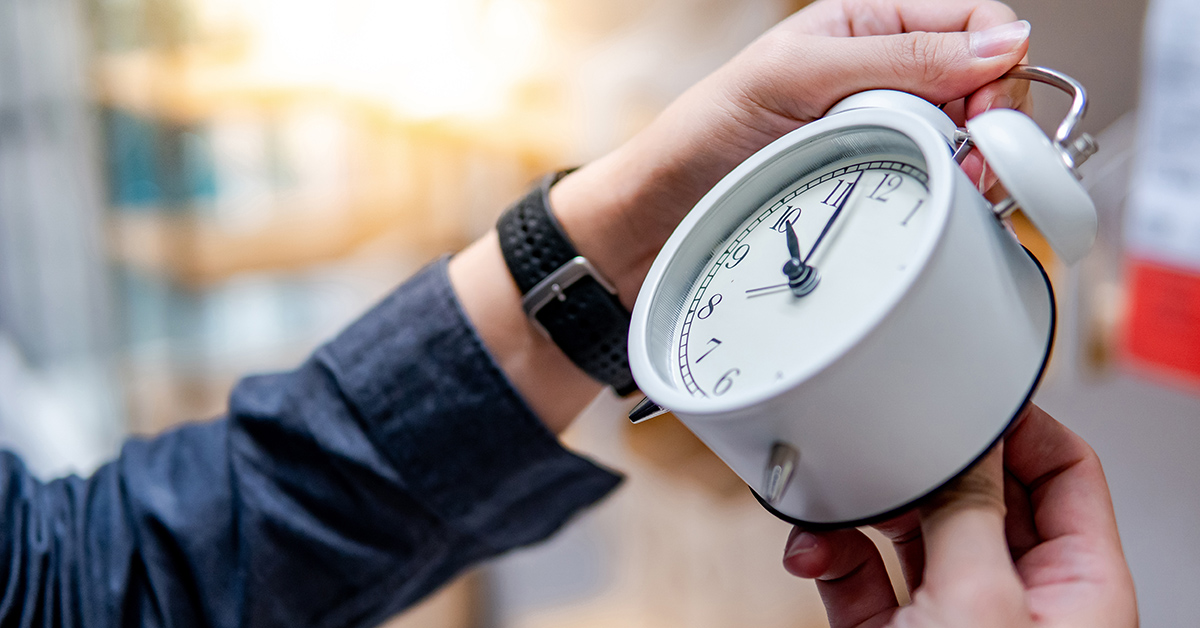When summer arrives, you have to look out for intense heat. It can be hard on a variety of personal items, from your smartphone to your fine fabrics. But did you know that soaring temps can affect your medications, too?
Knowing how to store medicine in hot weather can help. Here are tips for managing your medications in the summer months.
Where to keep medicine in the house
Many medications store well at room temperature. Think kitchen cabinets, cupboards or drawers. However, moisture can be damaging to some medicine, especially powders and tablets that dissolve quickly. So, avoid bathroom cabinets or cupboards where humidity can be high after showers and baths.
And above all else, when storing medicine, make sure they are out of reach of your kids.
Why proper medication storage matters
Proper storage matters because you need your medicine to work. When stored the wrong way, some drugs aren’t as effective or they don’t work at all. Knowing how to store your meds helps ensure they do the job you need them to do.
Examples of common medicine and their storage methods include:
- Antibiotic liquids: Many antibiotic liquids need to be refrigerated. However, some antibiotic liquids should be stored at room temperature. Check with your pharmacist for the correct method.
- Probiotics: Antibiotics don’t just kill bad bacteria. They can kill good bacteria, too. Many doctors recommend probiotics along with an antibiotic. While some probiotics don’t need to be refrigerated, others do. Since these are often over-the-counter supplements, make sure to read the label for proper storage.
- Insulin: To keep insulin fresh until use, it should be stored in the refrigerator. When you’re ready to use an insulin vial, you can store it at room temperature until it’s gone.
- Nitroglycerin: Exposure to heat or sunlight ruins nitroglycerin. That’s why it comes in an amber-colored bottle. Place the bottle in a dry cupboard or cabinet away from your stove.
- Test strips: Moisture can create false readings on medical test strips. This can be harmful to people with diabetes. Store glucose test strips, pregnancy tests and other kinds of medical test strips in a dry place.
Medicine storage for summer travel
When traveling with medicine in the summer, follow these tips and tricks.
- If you’re traveling by car, keep your medicine in the cabin of the car instead of the trunk. Pack meds that need to be refrigerated in a small cooler with a frozen pack.
- When flying, bring all medication in their original containers. Pack those that need to be refrigerated in a small, soft-sided cooler. Place it on the top of your carry-on bag for easy removal and screening.
How to tell if you’re medicine has gone bad
What happens if you accidentally put your medicine in the refrigerator or leave it in a hot car? You’ll need to look for signs that your medicine has gone bad.
Check to see if it is:
- Chipped or cracked
- Different in color or odor
- Softer or harder than normal
- Sticky or runny
If you notice any of these differences, your medicine is probably damaged and should be thrown away. If it looks normal but you still have concerns, it’s better to be safe than sorry. Call your pharmacist for help.
Learn about the pharmacy services as well as the other health care services we offer at Bon Secours.





